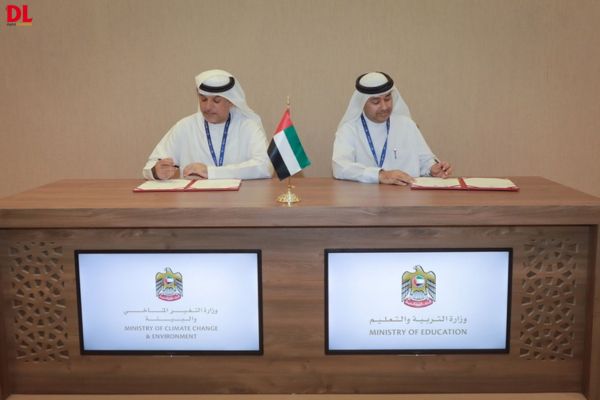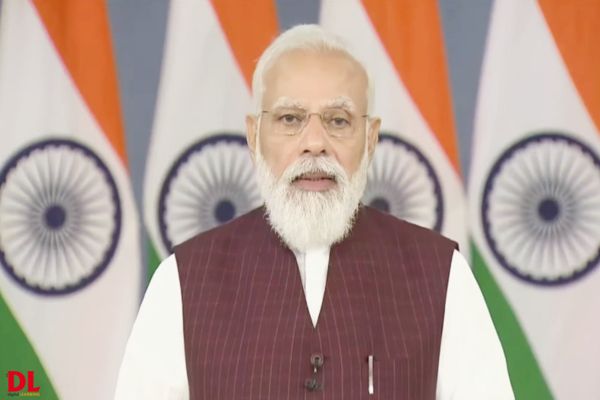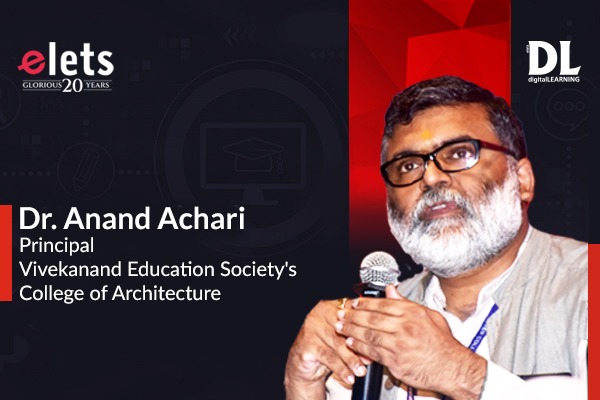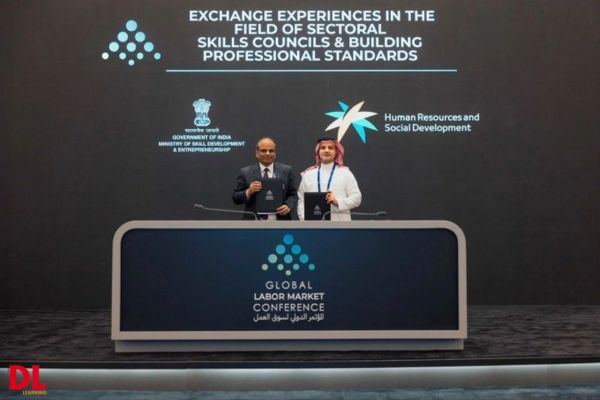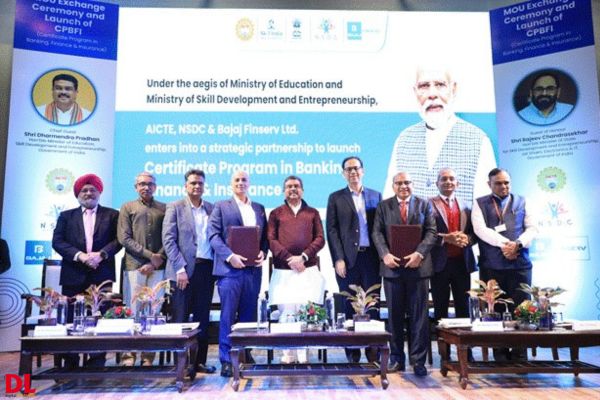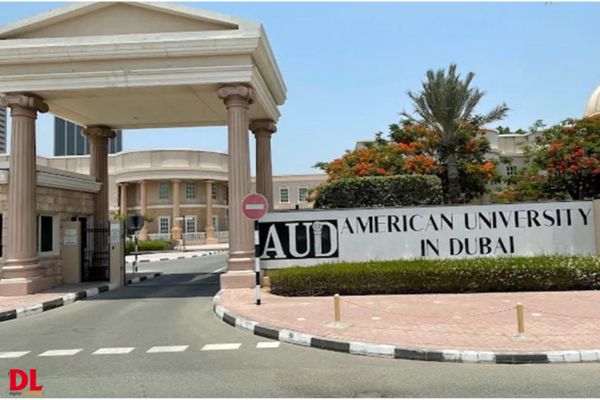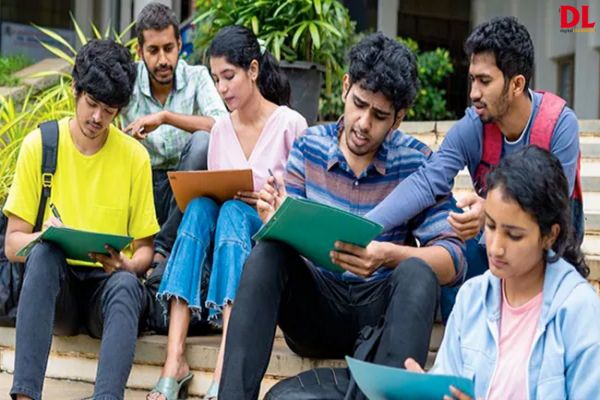UAE’s Ministry of Education (MoE) has collaborated with the Ministry of Climate Change and Environment (MoCCAE) and Bayanat to enhance the scientific efforts in sustainability. The three-year collaboration aims to advance sustainable scientific and research initiatives and also the introduction of a grant for a collaborative research programme in 2024 that aligns with COP28.
Hasan Ahmed Al Hosani, Managing Director of Bayanat, Mohammed Saeed Al Nuaimi, Acting Under-Secretary of the Ministry of Climate Change and Environment, and Dr. Mohammad Al Mualla, Under-Secretary for Higher Education Academic Affairs at the Ministry of Education, signed the agreements.
The two agreements are intended to obtain administrative services for grants for collaborative research. This includes all aspects of grant management, including conception, assessment of research proposals, and grantee selection.
The research grant will be jointly funded by Bayanat and the Ministry of Climate Change and Environment, working with the Ministry of Education, as per the two agreements. Over the next three years, each party will contribute AED 2,250,000, which will account for 50% of the grant’s funding.
The goal of the agreement between Bayanat and the Ministry of Education is to create comprehensive research teams and make use of the Ministry’s expertise. Achieving scientific excellence in line with the strategic priorities of the UAE is the main goal. Furthermore, Bayanat would like to take advantage of the Collaborative Research Programme Grant (CRPG), which the Ministry plans to introduce in 2024 to improve the research environment and involve universities.
In order to guarantee that essential funds and resources are distributed to accredited higher education institutions in the United Arab Emirates, the Department of Science, Technology, and Scientific Research, which represents the Ministry of Education, will be in charge of managing the research grant. Motivating scientists to tackle urgent scientific problems and support the country’s sustainability efforts is the aim.
Dr. Mohammad Al Mualla emphasized the importance of the agreements, highlighting the benefits of working with national organizations and businesses that have cutting-edge scientific knowledge. These partnerships support common objectives aimed at expanding the field of science and assisting with sustainable development goals.In line with its educational vision, he emphasized the Ministry of Education’s commitment to supporting scientific research in higher education. The wise leadership is directing and supporting a concentrated effort to establish the United Arab Emirates as a center of science and knowledge. This strategic focus seeks to actively advance global humanitarian efforts while also improving the quality of life.
Mohammed Saeed Al Nuaimi, Acting Under-Secretary of the Ministry of Climate Change and Environment (MoCCAE), declared that the UAE is committed to achieving its environmental and climate goals, including reaching climate neutrality by 2050 through the promotion of natural solutions and the rational use of resources.
“Achieving these goals requires advanced research capabilities that help in finding solutions to the challenges facing the UAE in many vital sectors and fulfil our ambition to launch initiatives to reduce emissions and adapt to climate change. Our cooperation with the Ministry of Education represents an important step in this field. With its outstanding research capabilities, the Ministry of Education can enable researchers and academicians in the UAE to work in specific areas that will be the Ministry’s focus in the coming years”, Al Nuaimi said further.









